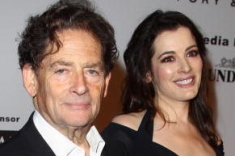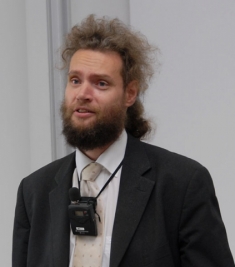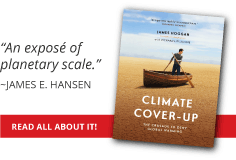Scientists had well understood for many decades that adding carbon dioxide to the atmosphere could raise global temperatures and cause climate change. But when politicians finally took notice, and the Intergovernmental Panel on Climate Change was formed, industry began a war with science itself.
Bert Bolin, the founder of the Intergovernmental Panel on Climate Change (IPCC), was the first scientist to detect signals from the coal and oil industry that there would be serious resistance to climate science and its policy implications.
As soon as governments began taking the issue seriously, the energy industry mobilised its greatest assets in order to combat organised opposition to its climate-damaging activities.
The Global Climate Coalition (GCC) was formed as soon as the IPCC came into being and, as the name suggests, this was an industry-funded powerhouse designed to undermine any global coalition to prevent climate change.
Bolin notes: “The strategy pursued was primarily to minimise the significance of the possible impacts of climate change and to address procedural and legal issues.”
The majors would engage with the issue more quickly than some of the environmental campaign groups.
















